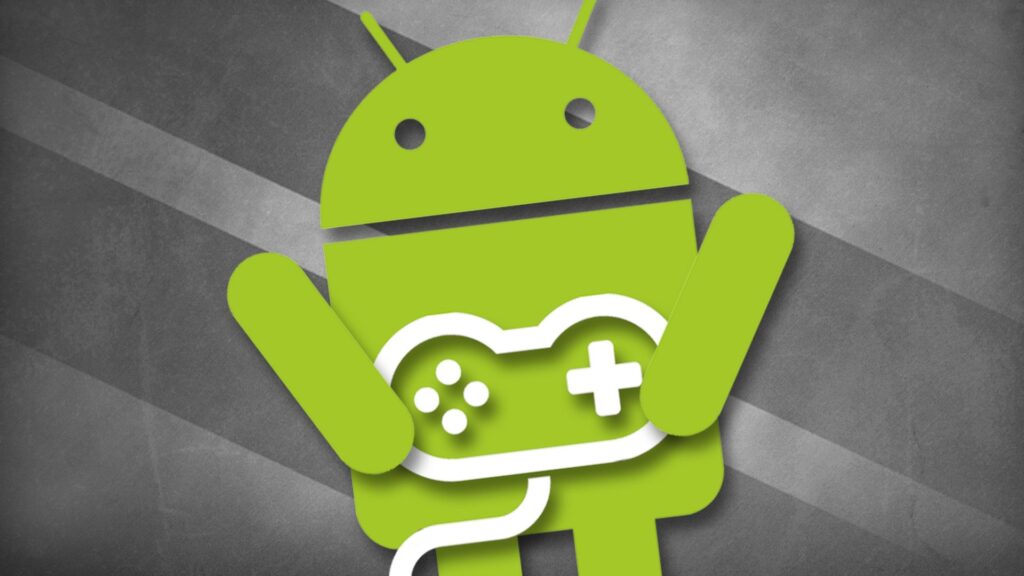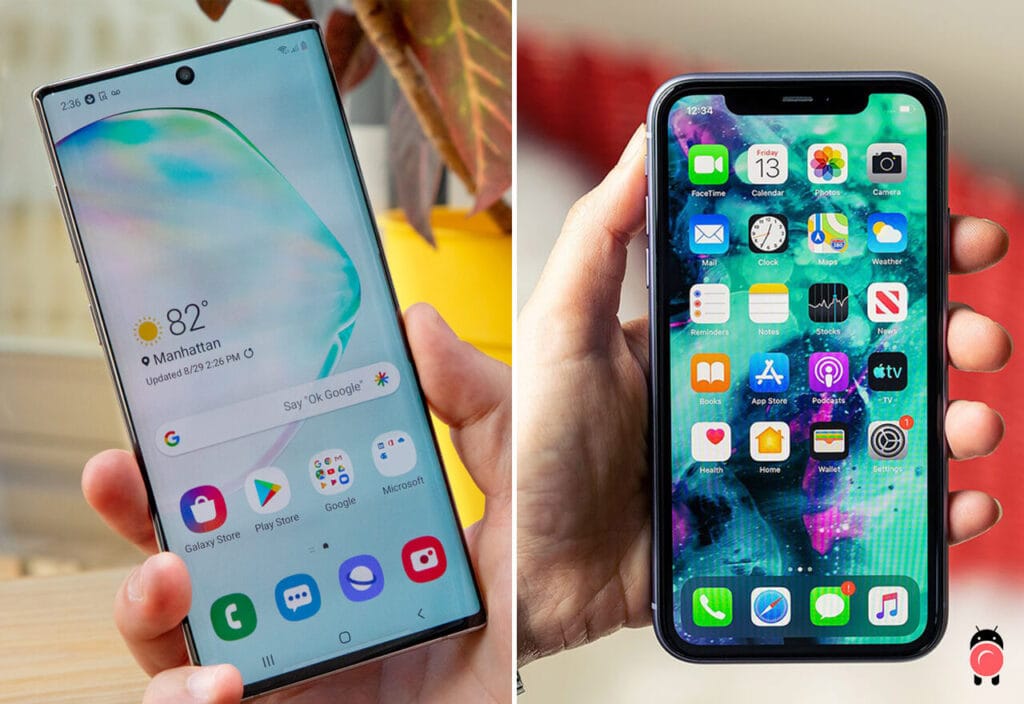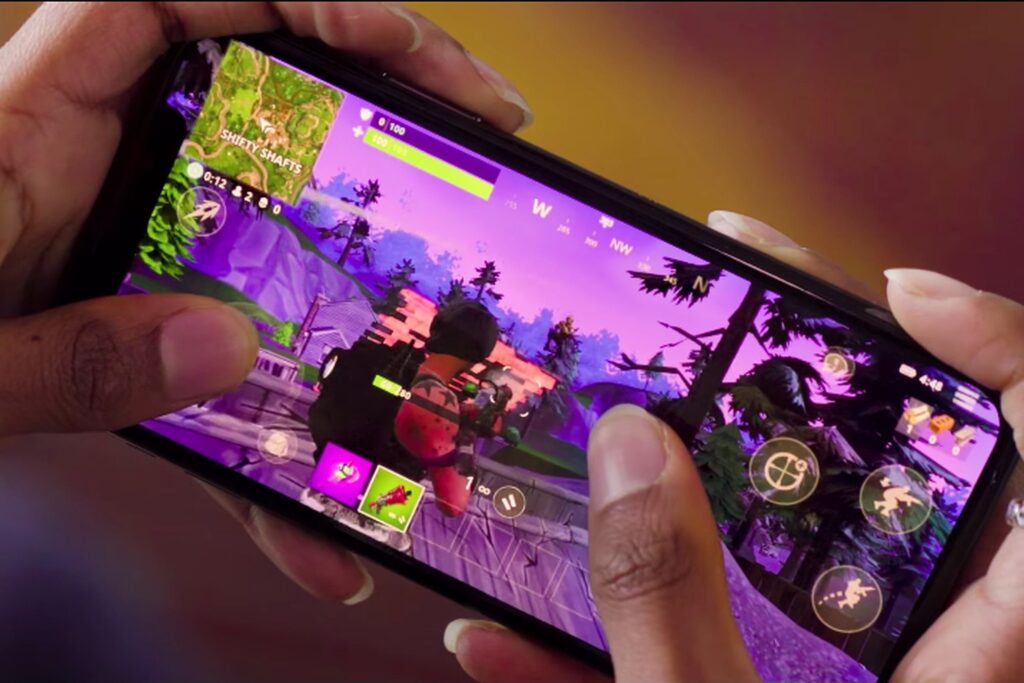
Introduction: The Mobile Gaming Landscape
The mobile gaming industry has developed dramatically over the course of the last ten years, with billions of clients overall and a market esteem that rivals conventional control center and PC gaming. Two significant stages rule this space: Android and iOS (iPhone). These stages shape how games are created as well as how they are disseminated, adapted, and experienced by players.
When choosing between Android and iPhone for gaming, the decision is far from straightforward. Every stage offers interesting qualities and shortcomings that take special care of various sorts of gamers. This exhaustive investigation will investigate the different elements that impact the gaming experience on Android and iPhone, assisting you with figuring out which stage may be the best fit for your gaming needs
Performance and Optimization: The Power Behind the Games
Performance is a critical factor in gaming, influencing everything from designs quality to approach rates and stacking times. In such manner, iPhone and Android offer notably various encounters because of the idea of their equipment and programming joining.
iPhone: Seamless Integration for Superior Performance
iPhones are renowned for their exceptional performance, especially with regards to gaming. Apple designs both the equipment and software for its devices, prompting a degree of improvement that is hard for Android to match. The A-series chips, for example, the A16 Bionic, are reliably among the most remarkable portable processors accessible, providing the necessary horsepower for demanding games.
This tight integration ensures that iPhones convey smooth ongoing interaction, in any event, for graphically serious titles. Games load quickly, outline rates stay stable, and the general experience is liquid and responsive. For gamers who focus on execution, particularly the people who play the most recent AAA mobile titles, the iPhone is many times the favored decision.
Android: A Diverse Range of Performance Levels

Android devices, on the other hand, offer a more differed execution range. Very good quality Android smartphones, such as the Samsung Galaxy S series or Google Pixel devices, can rival or try and outperform iPhones in specific perspectives. These devices frequently come furnished with strong processors like the Qualcomm Snapdragon series, along with advanced GPUs that handle demanding games with ease.
In any case, Android’s open ecosystem means that it caters to a wide range of devices, from budget telephone, to premium leads. This diversity results in varying levels of gaming performance. While very good quality Android devices can offer a top-level experience, mid-range and budget telephones may struggle with additional requesting games, leading to lower frame rates, longer loading times, and potentially less enjoyable gameplay.
Conclusion: iPhone Wins for Consistent High Performance
In the realm of gaming performance, the iPhone by and large has the edge because of its steady, top notch insight across all devices. Android can offer tantamount or even prevalent execution on top of the line gadgets, yet the changeability in equipment makes it less dependable for gamers who request the best presentation consistently.
Game Quality and Exclusive Titles: A Battle for Content
The quality and availability of games are significant contemplations for any gamer. Both Android and iPhone offer extensive libraries of games, but the nature of these libraries varies altogether, as does the availability of exclusive titles.
iPhone: A Curated Selection with High-Quality Titles
The iOS App Store is known for its stringent app review process, which guarantees that games accessible on the stage satisfy high guidelines of value. This curation leads to a library that, while more modest than Android’s concerning sheer numbers, is often regarded as superior in terms of quality.
Moreover, iOS has generally been the foundation of decision for engineers hoping to send off high-profile games. This inclination is expected to some degree to the higher income possible on iOS, where clients are more able to pay for games and in-application buys. Therefore, many top-level games debut on iOS before making their way to Android.
apple Arcade, a subscription-based gaming service, further improves iOS’s appeal by offering a collection of exclusive, high-quality games. These titles are liberated from promotions and in-application buys, giving an exceptional gaming experience that is hard to track down somewhere else.
Android: A Vast and Diverse Library
The Google Play Store boasts a larger selection of games compared to the App Store, thanks of Android’s open ecosystem, which empowers a more extensive scope of designers to distribute their games. This results in a vast library that includes everything from high-quality titles to indie games and experimental apps.
While Android has less selective games contrasted with iOS, it succeeds in offering a different exhibit of allowed to-play titles. The stage’s receptiveness likewise takes into consideration a more extensive assortment of gaming encounters, including emulators for retro gaming, which are often not available on iOS due to Apple’s restrictions.
However, the open nature of Android also means that the quality of games can vary significantly. While there are many excellent titles available, there are also plenty of low-quality or poorly optimized games, making it harder to find the best experiences without some trial and error.
Conclusion: iPhone Wins for Quality and Exclusive Titles
When it comes to game quality and exclusivity, the iPhone starts to lead the pack. The App Store’s curated selection ensures a consistently high level of quality, and Apple Arcade offers an exceptional incentive with its restrictive, promotion free titles. Android offers more variety, but the quality can be winning big or losing big, making iPhone the better choice for those seeking top-tier gaming experiences.
Variety and Availability: Quantity vs. Quality
The high quantity of games offered on a platform is also a crucial aspect for gamers, especially for those who like to delve into various genres and titles.
Android: A Playground of Variety
Android’s open platform fosters an environment where developers can easily publish their games, prompting a monstrous choice of titles. The Google Play Store is home to a great many games, going from AAA titles to indie gems, casual games, and experimental apps. The range of options available on Android makes it an attractive option for gamers who enjoy trying out various games and finding hidden treasures.
Furthermore, Android also enables sideloading, permitting users to download games from sources outside of the Google Play Store. This versatility allows for a wider selection of games, even those not found in official sources. An instance would be Android users who can access classic games from older consoles not found on iOS by downloading and installing emulators.
iPhone: A Curated but Smaller Library
Despite the abundance of games on the iOS App Store, the variety is more limited in comparison to the Google Play Store. Nevertheless, high quality products compensate for the limited quantity in the App Store. The selection process guarantees that most games on iOS are of excellent quality and carefully made, reducing the likelihood of encountering substandard or spam games.
The restriction of iOS’s regulated ecosystem is that it restricts access to certain types of games, especially those that need extensive customization or rely on open-source initiatives. Sideloading is significantly restricted on iOS, which means users are mostly reliant on the App Store for their gaming requirements.

Conclusion: Android Wins for Variety and Availability
For gamers who value variety and the ability to explore a vast range of games, Android is the reasonable champ. The Google Play Store offers more titles than the App Store, and the ability to sideload games provides access to even more content. While iOS’s library is more curated, it can’t match Android’s broadness of choices.
Customization and Flexibility: Tailoring the Experience
For numerous gamers, customization holds great significance, especially for those who like to adjust their devices in order to enhance their gaming experience. Android and iPhone provide substantially different degrees of flexibility.
Android: The King of Customization
Android is famous for its ability to be customized, including in the realm of gaming. Players have the ability to adjust game settings, utilize external applications for improving gameplay, and even tweak system settings to maximize performance. An illustration of this is that Android users have the ability to modify graphics settings, increase processor speed, and add custom ROMs, all of which can greatly affect gaming performance.
Android also provides support for many different gaming controllers, including those created by top console manufacturers like Sony and Microsoft. Being able to adjust the gaming experience to individual preferences, like using a Bluetooth controller, a keyboard and mouse, or customizing on-screen controls, is made easier by this flexibility.
iPhone: A More Streamlined Experience
iOS offers a more streamlined and consistent experience, however at the cost of customization. While iPhones do support external game controllers, the degree of customization accessible to clients is substantially more restricted contrasted with Android. Apple firmly controls the iOS environment, which guarantees solidness and security yet additionally limits clients from rolling out critical improvements to their devices.
For most clients, this trade-off is acceptable, as it guarantees a smooth and trouble-free insight. Nonetheless, for gamers who appreciate dabbling with their devices or want to push the limits of their hardware, iOS can feel prohibitive.
Conclusion: Android Wins for Customization and Flexibility
Android’s versatility and open platform make it the preferred option for gamers seeking a personalized experience. Android has a wider variety of customization options compared to iOS, such as adjusting graphics settings, using emulators, and connecting various controllers. While iPhone offers a more reliable experience, it does not have the same level of customization as Android.
Security and Privacy: Protecting the Gaming Experience
Security and privacy have become more significant worries for gamers, especially as mobile devices intertwine with personal and financial data..
iPhone: A Fortress of Security
Apple has gained notoriety for focusing on security and protection, and this responsibility stretches out to gaming. The App Store’s thorough survey process guarantees that all games fulfill severe security guidelines, diminishing the gamble of malware or information breaks. Moreover, iOS incorporates highlights like application consents and information encryption, which shield client data from unapproved access.
Apple’s emphasis on protection is additionally clear in its position on information assortment. iOS applications, including games, are expected to give clear data about how they gather and use information, giving clients more command over their security. This straightforwardness is a huge benefit for gamers who are worried about the security of their own data.
Android: Balancing Openness with Security
Apple has gained notoriety for focusing on security and protection, and this responsibility stretches out to gaming. The App Store’s thorough survey process guarantees that all games fulfill severe security guidelines, diminishing the gamble of malware or information breaks. Moreover, iOS incorporates highlights like application consents and information encryption, which shield client data from unapproved access.
Apple’s emphasis on protection is additionally clear in its position on information assortment. iOS applications, including games, are expected to give clear data about how they gather and use information, giving clients more command over their security. This straightforwardness is a huge benefit for gamers who are worried about the security of their own data.

Conclusion: iPhone Wins for Security and Privacy
In terms of security and privacy, the iPhone has the high ground. Apple’s stringent app review process and strong privacy policies provide a safer environment for gamers, making it the better decision for the people who focus on these variables. Android has worked on around here, however its open nature actually presents more likely dangers.
Monetization and Ads: The Cost of Gaming
How games are adapted can fundamentally affect the gaming experience. Both Android and iPhone have unmistakable ways to deal with adaptation, which can impact everything from the presence of promotions to the accessibility of premium substance.
iPhone: A Premium Experience
iOS users are generally more willing to pay for games and in-app purchases, leading a market where premium games and monetization models are more normal. This eagerness to spend converts into fewer ads and a more prominent spotlight on quality substance. Apple Arcade embodies this methodology by offering a membership administration that gives admittance to a library of ad-free, premium games for a month to month charge.
While free-to-play games with in-app purchases are still prevalent on iOS, the platform offers more choices for gamers who like to pay forthright for a total, ad-free experience. This focus on premium substance assists with diminishing the interruption of ads and microtransactions, resulting in a more enjoyable gaming experience.
Android: A Free-to-Play Playground
On the other hand, Android is primarily driven by the free-to-play model, in which games heavily depend on advertisements and in-app purchases to generate income. This particular model is favored by Android users, who are generally less inclined to make immediate payments for games. Consequently, a lot of Android games have ads that may diminish the overall gaming experience. Nevertheless, the free-to-play model also results in Android providing a larger selection of games that can be accessed by users without any initial payment. Android offers a wider selection of free gaming choices for players who are okay with ads or willing to make in-app purchases.

Conclusion: iPhone Wins for Monetization and Fewer Ads
Gamers who prioritize a high-end, ad-free experience will find the iPhone to be the superior option. iOS’s market trends support premium games, and Apple Arcade provides great value for users seeking to steer clear of ads and microtransactions. Android provides greater free alternatives, however, it comes with a heavier emphasis on advertisements.
Conclusion: Which Platform is Best?
When deciding between Android and iPhone games, the “best” choice ultimately depends on individual preferences and priorities
- Prioritizing consistent performance: high-quality games, and robust security makes the iPhone the top choice. Its carefully selected App Store, impressive hardware, and robust privacy regulations cater to gamers seeking a top-notch gaming experience.
If you appreciate having many game options: the ability to personalize your device, and different ways to play games, then Android is the right choice for you. The Google Play Store provides a wider selection of games, while Android’s open system allows for unlimited customization options.
In the end, each platform has its own advantages, and the decision on which to choose depends on your gaming preferences. No matter if you favor the refined, stable realm of iOS or the varied, adaptable atmosphere of Android, there are plenty of excellent gaming opportunities available on both platforms.

